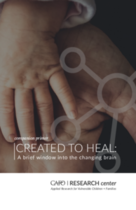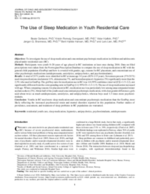Looked after children and young people in Northern Ireland : education, school and unauthorised absence
The aim of this doctoral thesis was to identify why there are higher rates of unauthorised absence from school among post-primary looked after children and young people (LACYP), what does this tell us about their educational experiences, and what is known to be helpful or unhelpful in addressing this issue.


